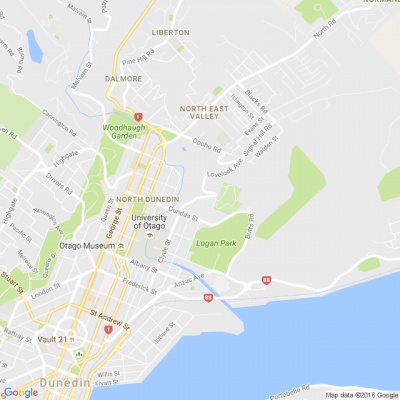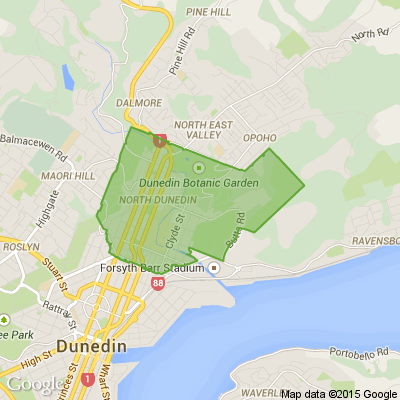The very hungry caterpillars: Hundreds found dumped in Dunedin rubbish bin
From reporter Hamish McNeilly:
In a rubbish bin at a small Dunedin playground was a very big problem.
Inside the bin were hundreds of large monarch caterpillars. A few were able to crawl out before they were spotted.
Nat Russell said she was called to the Hocken St playground, in the suburb of Kenmure, after her sister’s children spotted the escapees.
The monarch enthusiast helped collect some of the caterpillars and then put a plea on social media to rehome them to anyone who had swan plants – a type of milkweed – where the butterflies like to lay their eggs.
She estimated there were “a good few hundred caterpillars” inside the bin.
People came from all over Dunedin to rehome the caterpillars.
“A few died, but almost all were rescued,” Russell said.
The caterpillars were large and entering their final moult, where they find a sheltered site, produce a tightly woven silk mat, and hang downwards until they become butterflies.
“The majority of them were only a few days off becoming monarchs.”
It appeared the caterpillars were dumped along with a container of food scraps, which was tied up in a jersey.
Jacqui Knight, who founded the Moths and Butterflies of New Zealand Trust almost two decades ago, said it was the first case of mass monarch caterpillar dumping she had heard of in New Zealand.
“I presume they had run out of food and [whoever had them] didn’t know what to do with them.”
While it was “wonderful” they were rescued, it was a shame they were dumped in the first place, she said.
A shortage of swan plants was often an issue for those with very hungry caterpillars, which could eat 2700 times their birth weight in just over a fortnight.
To counter that problem, Knight recommended people with an excess of either caterpillars or swan plants join the Monarchmatchmaker group on Facebook to “share the love”.
“It is a bit like Tinder, but for butterflies.”
Part of the issue was that some nurseries had stopped selling swan plants because some had been sprayed with pesticides.
Instead, people wanting to attract monarchs were encouraged to grow swan plants earlier in the season and let them get to full size in their garden.
Having monarchs, considered a native in New Zealand, helped show children the various stages of an insect’s life cycle and “feeds their curiosity”, Knight said.
Time to Tickle Your Thinker 🧠
If a zookeeper had 100 pairs of animals in her zoo, and two pairs of babies are born for each one of the original animals, then (sadly) 23 animals don’t survive, how many animals do you have left in total?
Do you think you know the answer? Simply 'Like' this post and we'll post the answer in the comments below at 2pm on the day!
Want to stop seeing these in your newsfeed? No worries! Simply head here and click once on the Following button.

Poll: As a customer, what do you think about automation?
The Press investigates the growing reliance on your unpaid labour.
Automation (or the “unpaid shift”) is often described as efficient ... but it tends to benefit employers more than consumers.
We want to know: What do you think about automation?
Are you for, or against?

-
9.5% For. Self-service is less frustrating and convenient.
-
43.3% I want to be able to choose.
-
47.2% Against. I want to deal with people.
Have you got New Zealand's best shed? Show us and win!
Once again, Resene and NZ Gardener are on the hunt for New Zealand’s best shed! Send in the photos and the stories behind your man caves, she sheds, clever upcycled spaces, potty potting sheds and colourful chicken coops. The Resene Shed of the Year 2026 winner receives $1000 Resene ColorShop voucher, a $908 large Vegepod Starter Pack and a one-year subscription to NZ Gardener. To enter, tell us in writing (no more than 500 words) why your garden shed is New Zealand’s best, and send up to five high-quality photos by email to mailbox@nzgardener.co.nz. Entries close February 23, 2026.







 Loading…
Loading…